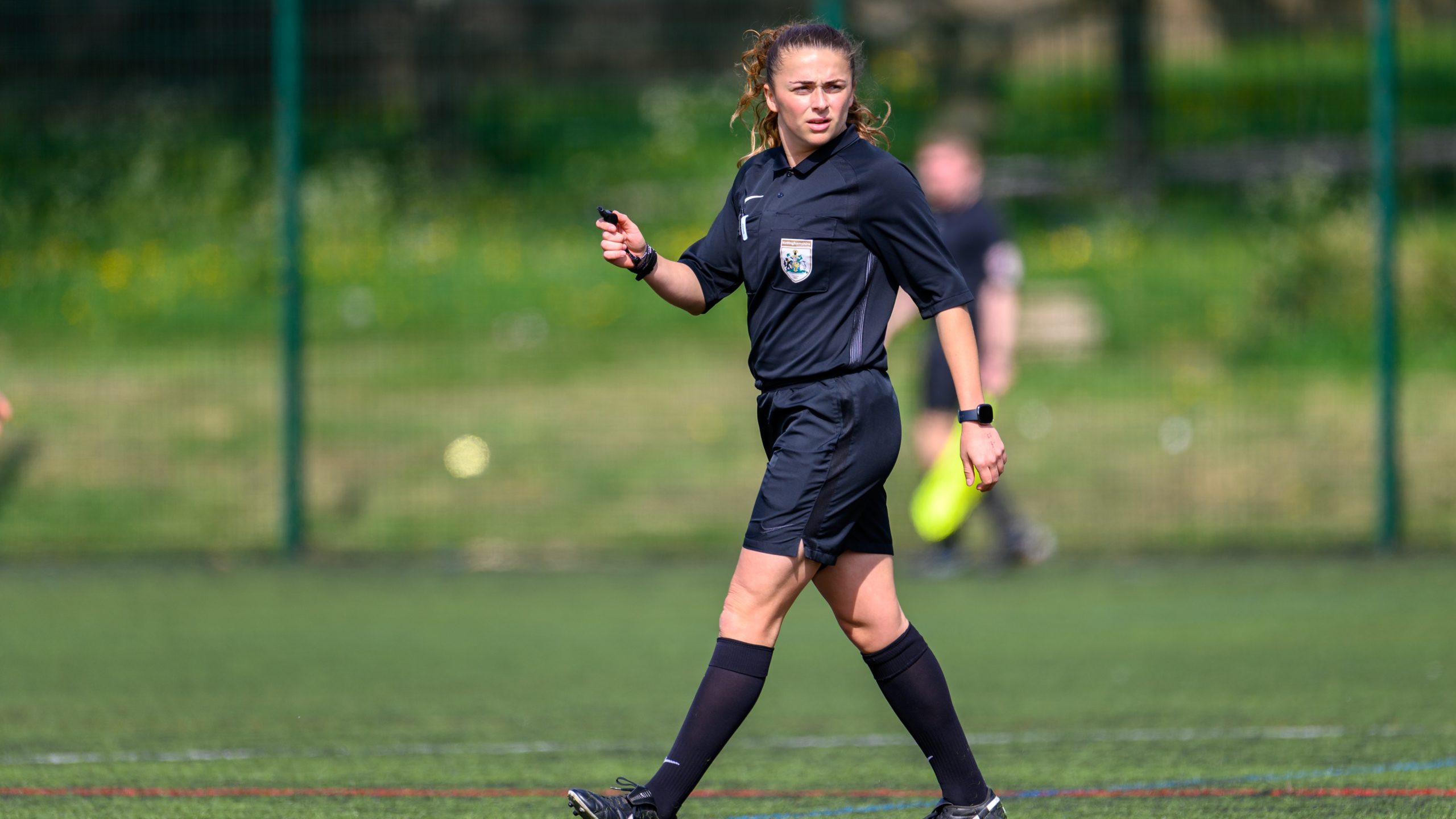This week, the Government published its response to the Independent Review of Women’s Football. The Review, chaired by ex-Lioness Karen Carney, made a series of recommendations – from professionalising the women’s elite game to improving access to grassroots and school football for women and girls – aimed at both the football world and the Government. We’re delighted to see the Government has accepted all the Review’s recommendations.
You can read our response to the Carney Review here.
We need an early kick off

Our research shows that gender stereotyping is starting young and inhibiting girls as young as five years old. Alongside lifting some schools’ bans on girls playing football, there needs to be active investment to address the skills gap resulting from early years stereotyping. This should include opportunities for girls to play team sports in single-sex environments to allow them to flourish without fear of judgement. The Review made some strong recommendations around girls’ football in schools, urging the Government to do more to deliver on their commitment to equal access to football for girls. The Government has taken steps in this area – such as the updated School Sport and Activity Action Plan, which you can find our response to here – but there is work still to do. We know that encouraging more girls to play football, or indeed any other sport, requires more than just opening the door.
We know that meaningful access is also an issue for women and girls in community sport settings. We welcome the Government and FA’s commitment, last week, to build 30 new pitches with meaningful access for women and girls – including dedicated peak time slots and women and girls only evenings, priority for female teams, and access to appropriate toilets and changing rooms – at their heart. We urge everyone involved in the delivery of community pitches to follow this model as a minimum standard.
Gender stereotyping is starting young and inhibiting girls as young as five years old.
Women in Sport

Match of the Day?
Visibility of women’s sport is vital in inspiring the next generation and allowing them to dream. Our Dream Deficit survey shows that only 29% of girls dream of reaching the top in sport, compared to 52% of boys. Ensuring that more fans and potential fans are able to watch women’s football on TV regularly is an important part of inspiring our future lionesses.
We are particularly pleased to see the Government recommend that the current Saturday afternoon TV ‘blackout’ for football is removed. This UEFA rule, known as Article 48, allows football authorities to ban the broadcast of live matches between 2:45pm and 5:15pm on Saturdays. It was designed to ensure that live men’s football matches happening at this time have large crowds; a laudable aim, but one that has by accident impeded the visibility of women’s football. It’s a rule that’s designed to protect men’s football and it is doing so at the expense of women’s. As the Government note: “there are challenges to this with the men’s game, but it does not feel credible to hold the women’s game back on this basis”.
The removal of Article 48 would allow women’s games to be played and, crucially, broadcast in that prime-time Saturday slot. It would give women’s football a regular home, where audiences – new and existing – would know that they would find it. It would increase revenue coming into the women’s game from sponsors and broadcast deals.
However, revoking Article 48 is a matter for footballing authorities and TV companies, not the Government. We urge the Government to continue to engage with the relevant stakeholders to press for Article 48 to be removed. We also agree with them that a reluctance to make progress in either revoking Article 48 or finding a credible alternative should open up discussion around financial recompense for the women’s game, to recognise the loss of potential audience and revenue.
We need to make these changes to have a chance of reducing the gender dream deficit.
-
Only 29
%
of girls dream of reaching the top in sport
-
While 52
%
of boys dream of reaching the top
The hard work starts now

Women’s football is at an exciting moment of growth. With the ongoing success of the Lionesses and other home nations teams, record-breaking in person and TV audiences for WSL games and the establishment of a new company to oversee the WSL and Women’s Championship, it is vital that everyone involved in the game seizes this opportunity. This is a once in a generation chance to build a sustainable future for the women’s game that preserves its unique character and allows it to break free of the shackles of the men’s game. It is vital that progress is made quickly.
We are pleased to see the Government’s response set out tangible next steps. A dedicated implementation group for progressing the recommendations of the Review is a positive step, as is the holding of a roundtable on women’s sport to ensure best practice and common challenges are being shared. Women in Sport stand ready to support the Government in the implementation phase of the Review.
We know there is far more to do to make sport a place where women and girls feel genuinely welcome, safe and comfortable. After all, we won’t undo decades of exclusion (notable in football more than most sports) and dismissal of women’s sport by only making progress in football. But football has a unique opportunity to lead the way. It is our national game. It has the potential to set a powerful precedent for other sports to follow.




